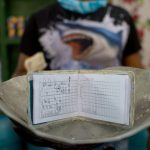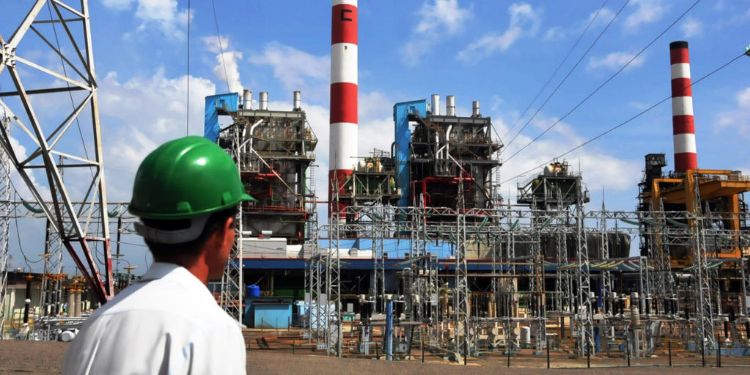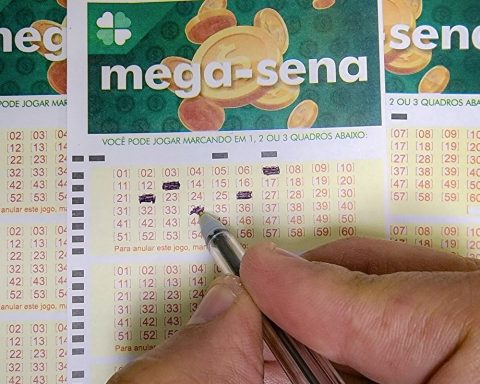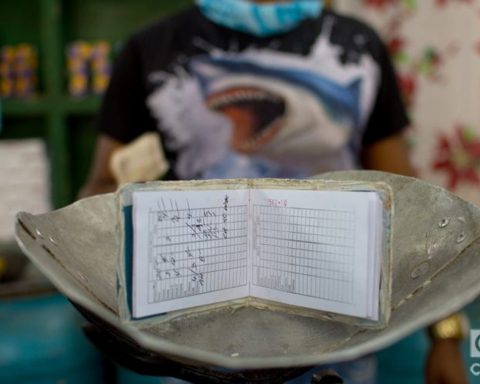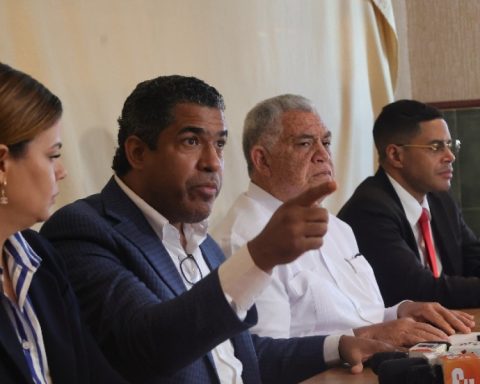In recent months the National Government has come promoting a package of measures to mitigate the impact of inflation, which in April reached 9.33%. The actions include measures such as the reduction of tariffs to mitigate the impact of imported agricultural inputs on food, and also the increase in the coverage of the Solidarity Income program.
(Your Network: consult solidarity income transfers or families in action).
Although tariff measures have been criticized by experts as having little effect, the subsidy, on the other hand, could have a more direct effect.
This week began the most recent payment cycle of the program, which was expanded from three to four million households in conditions of extreme poverty, poverty and vulnerability, and the bimonthly amount went from $380,000 to $400,000. At the last turn, the program had already allocated almost $13 billion in unconditional cash transfers, according to figures from the Department of Social Prosperity (DPS).
(This Thursday begins a new cycle of Solidarity Income payments).
“If during the pandemic, Colombians had not received aid from Solidarity Income, the poverty rate would have reached 46.1% “assures the director of the National Planning Department, Alejandra Botero, who highlights that there was a 25% increase in the amount.
EFFECTIVENESS OF THE MEASURE
For the experts, although this measure has a direct effect on the pockets of the poorest households, it also has a limited effect given the current level of inflation.
Juan Camilo Pardo, a Corficolombiana researcher, assures that “adjusting the amounts is a good initiative on the part of the Government to soften the negative impact”, but despite this, he clarifies that subsidies have not increased at the same rate as food inflation. , and that this is the component within the basket of the population with the lowest resources that weighs the most.
“This means that in real terms, although there is an effect versus if there is no increase, it is not the expected one. On a scale, inflation ends up hitting them harder,” explains Pardo.
Likewise, according to Carlos Alberto Garzón, an economics professor at the U. de La Sabana, he highlights that Solidarity Income allows households that recently entered poverty due to the pandemic to receive this subsidy. This has the effect of increasing household income, and therefore aggregate demand is increased.
Garzón clarifies that “the objective of a social policy is not to contain inflation, but it does allow the poorest households to better cope with this increase in prices, especially in the basic basket.” Garzón assures that, on the other hand, to control inflation, subsidies should be given to supply.
BRIEFCASE








